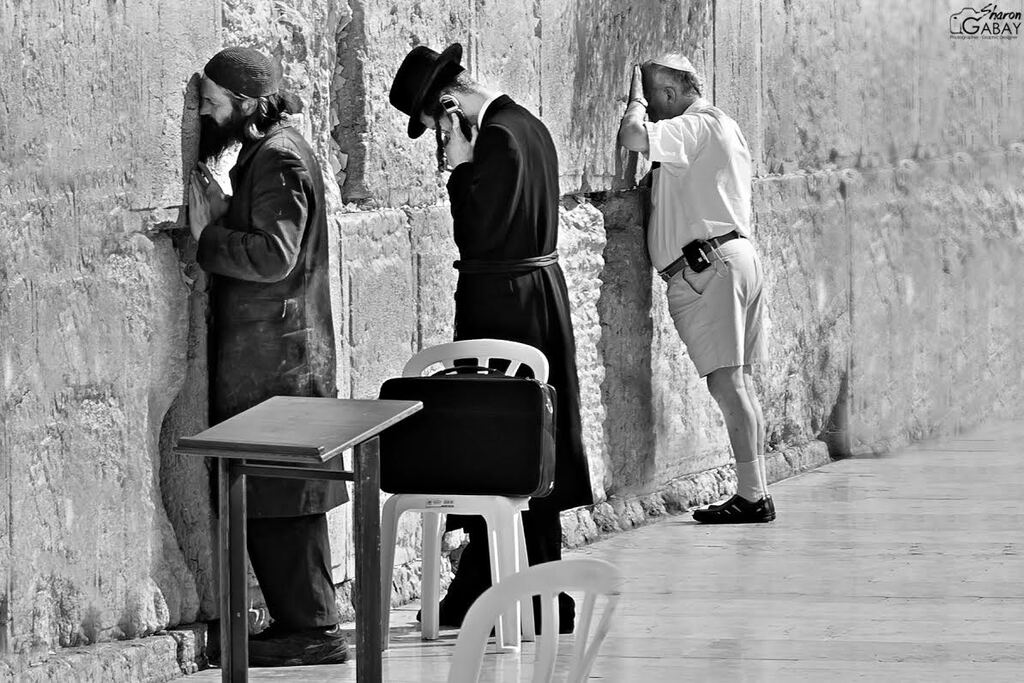Getting your Trinity Audio player ready...
Israel's Sephardic Chief Rabbi Yitzhak Yosef has urged ultra-Orthodox Jews in the Diaspora not to move to Israel if it means living in a non-Haredi area with secular Israelis who would have a negative impact on their spiritual life.
Yosef made the comments during his weekly sermon on Saturday night while accompanied by Rabbi Haim Bitan, the visiting chief rabbi of the Tunisian island of Djerba.
2 View gallery


Sephardic Chief Rabbi Yitzhak Yosef, left with Tunisian Chief Rabbi Haim Bitan
(Photo: Courtesy)
The rabbi said he was responding to a "Halakhic conundrum" he was posed during a visit to the Tunisian Jewish community.
"I was asked while I was there whether or not they should immigrate to Israel," said Yosef.
"I told them it depends on where they would live," the chief rabbi said.
"If they were going to live in an ultra-Orthodox neighborhood or next to Kisse Rahamim [a prestigious Bnei Brak yeshiva founded in Tunisia], then they should immigrate to Israel. But if they lived in a place like Herzliya or another one of the secular locations... they should stay where they are."
Arguing that sinning is worse than death, Yosef said that the spiritual harm done by living in a secular environment would be worse than dying and as such Jews who live in predominantly Haredi neighborhoods in the Diaspora would be better off remaining where they are.
The chief rabbi's remarks drew criticism, especially on social media, in part because they ostensibly contradict the position of sages cited in the Babylonian Talmud and Halakha that a person should always strive to live in the Land of Israel - even in a city where most people were not Jews.
2 View gallery


Secular and Haredi Jews praying side by side at the Western Wall in Jerusalem
(Photo: Sharon Gabay)
The remarks were also criticized by the Religious Zionist Ne’emanei Torah Va’Avodah movement, which promotes an open and accessible approach to Judaism.
"It is inconceivable that the chief rabbi of Israel, whose position is paid for by the state, would express himself in a way that contradicts the Declaration of Independence and the State of Israel's vision for an ingathering of exiles," the organization said.
"The rabbi is deterring people who wish to immigrate to Israel in a manner that contradicts the ideals of Zionism," it said.
"This again raises questions about the role of the chief rabbi of Israel, and in particular about the identity of those who have held the position in recent years. It is time to appoint an attentive, inclusive and welcoming Zionist rabbi, who is connected to all parts of the nation, and someone who is receptive solely to the needs of one sector."

